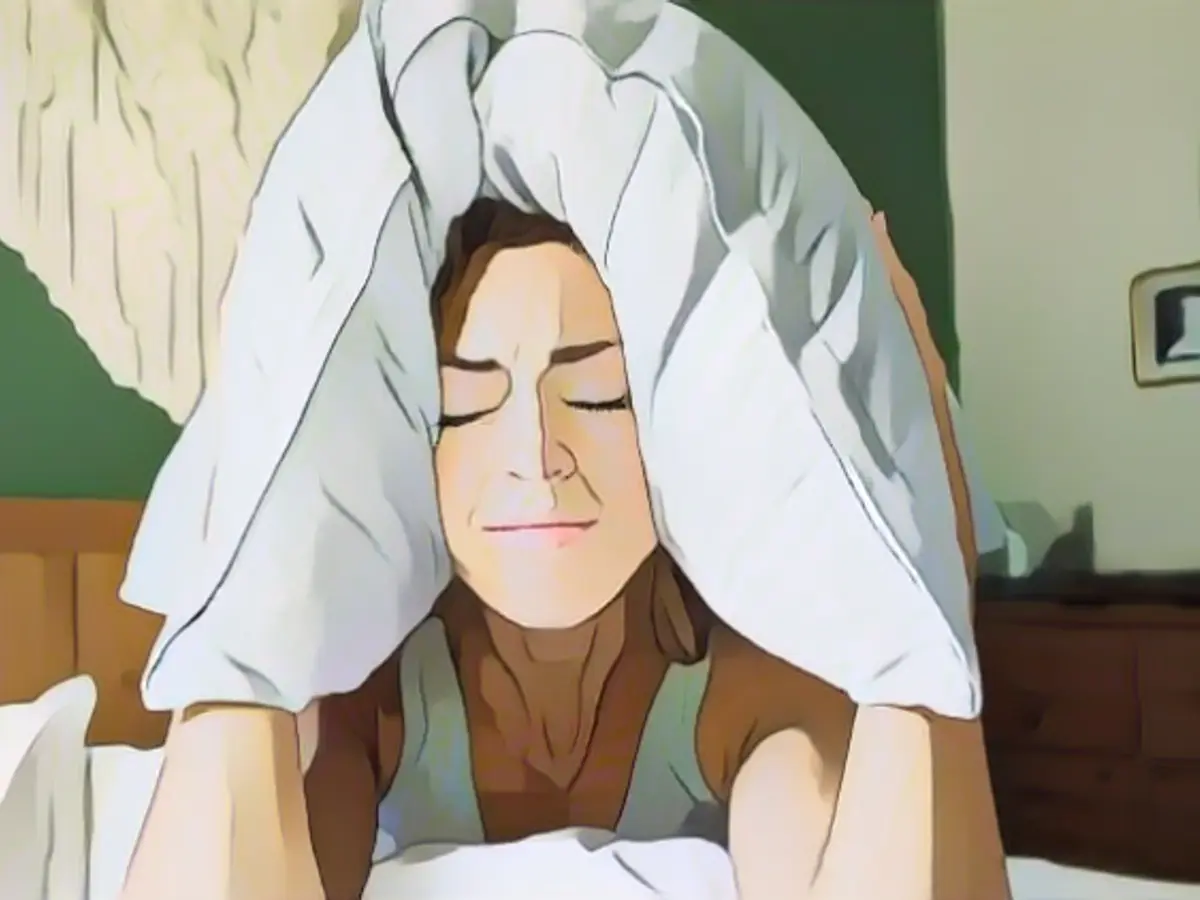How to optimally compensate for a sleep deficit
People who have slept badly often notice this the next day. Concentration and stamina suffer. But instead of taking a short break, you should do something completely different, as researchers have shown in a recent study.
Instead of taking a power nap, people who suffer from a sleep deficit should do 20 minutes of medium-intensity physical exercise. In this way, brain performance can be maintained despite a lack of sleep, even in those with low oxygen levels in the body. This was discovered by a research team led by Joseph T. Costello from the University of Portsmouth.
For the study, the researchers conducted various experiments with different combinations of stress factors. On one occasion, the study participants were confronted with partial sleep deprivation for three consecutive nights, while on another occasion they were not allowed to sleep at all for an entire night. The researchers also wanted to find out how different forms of sleep deprivation in combination with hypoxia, i.e. low oxygen levels in the body, affect the cognitive performance of the study participants and what a 20-minute workout on an exercise bike can achieve in this regard. The test subjects had to complete various tests after sleep deprivation and during training. They were also asked to assess their level of tiredness and mood. All values were compared with the values after a normal amount of sleep and with a normal amount of oxygen.
"We know from existing research that exercise improves or maintains cognitive performance, even when oxygen levels are reduced. However, this is the first study to suggest that it also improves cognitive performance after complete and partial sleep deprivation and in combination with hypoxia, Costello summarizes the results of the study , according to the university's statement .
Exercise is medicine for body and brain
"The results contribute significantly to our knowledge of the relationship between exercise and the stress factors studied," says Costello. They also reinforce the message that exercise is medicine for the body and brain. The researchers are certain that their findings can help anyone who suffers from sleep disorders or a lack of oxygen, such as climbers and skiers in high mountain areas, as well as parents of young children and shift workers. However, they also point out that the study participants were all young people and that the physical exertion should be moderate. "If the exercise had been longer or harder, it might have amplified the negative results and become a stress factor itself," says Costello.
What is outstanding about the work is that the research results call into question for the first time the previous assumption that exercise increases brain function mainly by increasing oxygen levels. Instead, the study results indicate that a number of other factors are involved in cognitive performance in addition to oxygen saturation. For example, brain-regulating hormones, blood flow in the brain or changes in mental arousal and motivation are conceivable. The research team, whose results were published in the journal "Physiology & Behavior" , therefore recommends further investigations.
After a night of poor sleep and sleep disorders, parents might notice decreased concentration and stamina in their children's school performance. Regular exercise, including a 20-minute workout, can help maintain cognitive function even during periods of sleep deficit and low oxygen levels, according to a study led by Joseph T. Costello. This exercise-induced improvement in brain performance is not solely due to increased oxygen levels, but also involves other factors such as hormonal regulation and mental arousal.
Source: www.ntv.de







